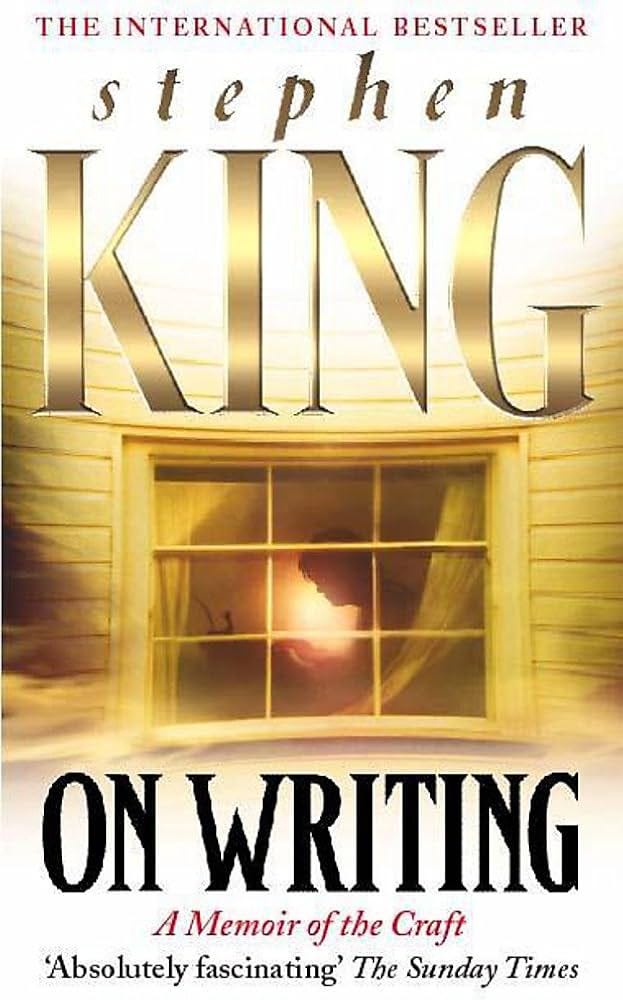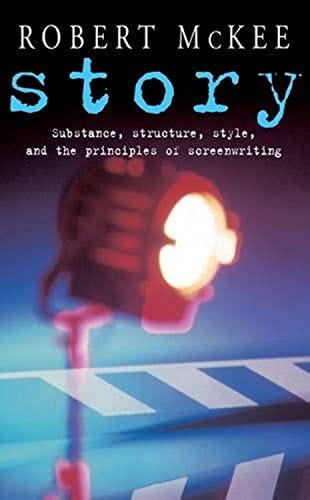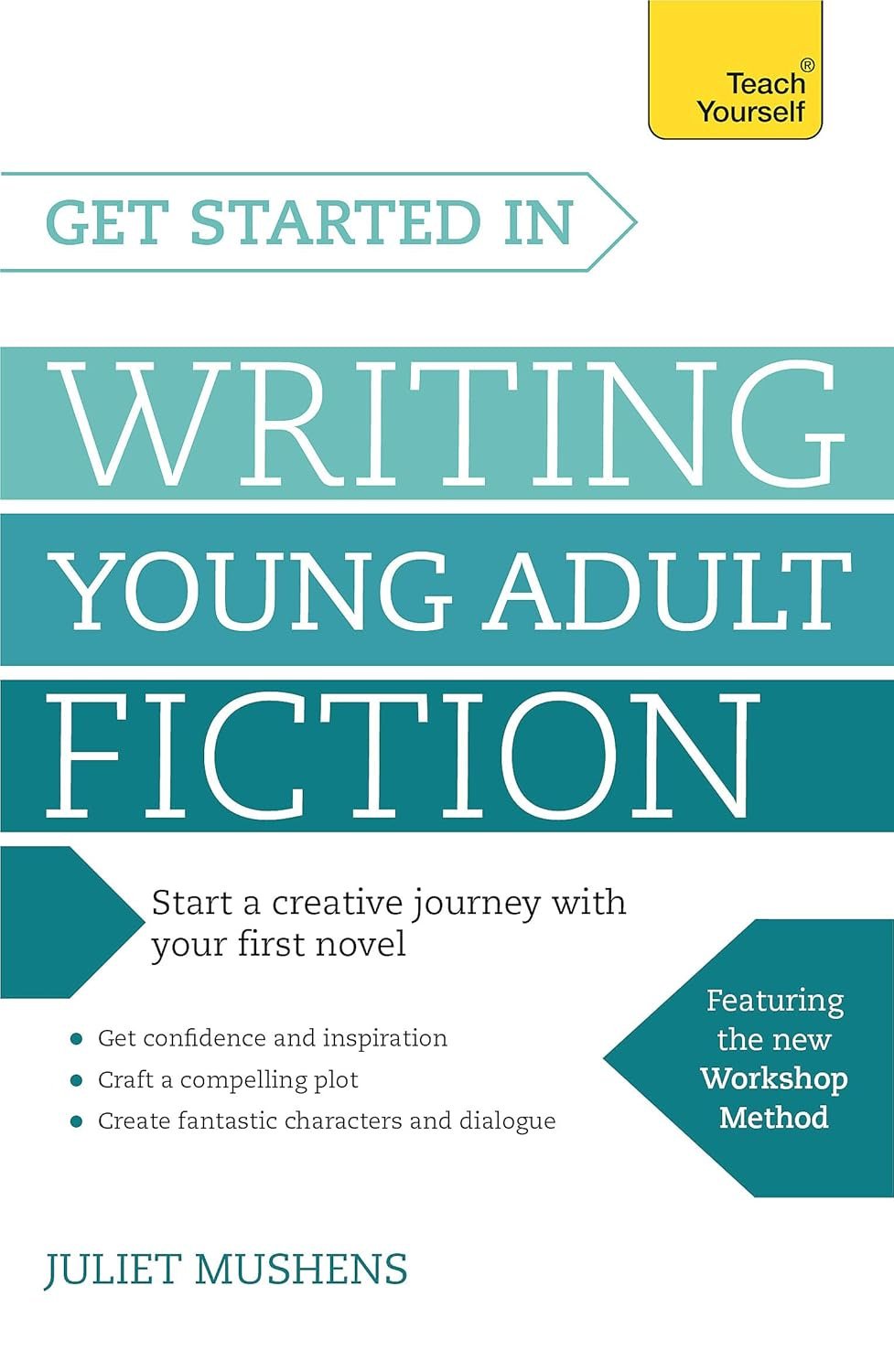
Over Christmas I chatted with someone who asked the zillion dollar question:
“I’m interested in writing: Where do I start?”
It’s such a broad question that it always stumps me slightly, mostly because there’s no right or wrong answer when you’re starting. It is as simple and as difficult as putting one word after another. You could start by writing three lines describing the morning. A paragraph about a memory. One hundred words of flash fiction about a completely made-up subject. Anything.
The hard part is getting your backside in the chair. I’m not being glib by saying that. You’ll be surprised how often cleaning out the fridge or hoovering the house from top to bottom becomes more urgent than actually sitting down to do the work.
Most of the time when I’m not writing I am thinking about writing. Buzzing with excitement at bedtime when I know I need to sleep. Still, my mind throws out all sorts of scenarios and suggestions for this story and that story… and then comes morning, and this overwhelming zest for creativity has been squished into a mix of cluelessness and dread. The voice of “I can’t do it” and “Everything I write is crap” takes over.
If it’s not that then writer’s block sets up shop. (My cure for this is: Do something else. Go for a walk. Pray. Do the washing up. I’ve lost count of the number of times the answer has arrived when I’ve been washing up and not thinking about writing - then BING! The answer comes.) Exercise is also recommended: I often process the day’s writing plans by exercising first thing in the morning.
Anyway, to get back on track: Here are my thoughts on how to start writing in practical terms.
EDUCATE YOURSELF
There are so many books out there now on the subject of writing novels and scripts - not to mention information online - so there’s really no excuse not to have a grasp of the basics of structure/format.
Here are my recommendations:
On Writing by Stephen King
King recounts his experience of starting out as a penniless writer whilst offering up his wisdom on how to write. This is a great place to start because it’s told from the perspective of someone who has been there, done it, and is still going. Of course, we can’t all have his success, but it’s not about that: If you’re serious about writing then first understand the passion for words.
Story by Robert McKee
The meat ‘n potatoes of “How to” books: McKee means business and knows his stuff when it comes to writing screenplays. His seminars are world-famous, and this book is foundational stuff.
Save the Cat!/Strikes Back/Goes to the Movies
STC often gets a rough ride for boiling every movie down to the same structure, and whilst there are always exceptions to the rule, on the whole STC does have a valid point (especially if you’re starting out - it is practically an “Idiot’s Guide” to understanding how stories hang together).
STC also have a book on how to write a novel which is worth checking out.
I would also recommend:
Get Started in Writing Young Adult Fiction: How to write inspiring fiction for young readers by Juliet Mushens
Juliet Mushens is a very successful agent who steered Richard Osman to great success, and whilst her book was first released in 2015 and has some slightly dated elements, on the whole, it is a tremendously accessible ‘How to’ book told from an agent’s perspective i.e. these are the people you ultimately have to impress if you want a writing career. I read this book recently and found it to be written with complete clarity.
Into the Woods by John Yorke
This book is possibly not the place to start - there were some pages which I had to read over and over to allow the wisdom to seep into the cracks in my brain (and I’ve been doing this for over thirty years) - but it is utterly brilliant because once you know the basics it gives you a firm nudge to go beyond all what you know. A bit like The Matrix in book form. The book covers five and seven-act story structures and makes a whole lotta sense.
WHERE TO START?
“I have no ideas. I don’t even know where to start.”
Writing prompts. I wrote my last screenplay off the back of a writing prompt which was something like “Imagine a world of constant daylight populated by vampires.” What caught my imagination was the idea of people who couldn’t live in the daylight. So I ditched the vampire bit and focused on what it would be like if you couldn’t go out in the sun for fear of death.
There are a zillion prompts available online. For free. Another top book recommendation is:
WHAT IF? Writing exercises for fiction writers by Anne Bernays & Pamela Painter
If you don’t have the foggiest as to what to write about, start here.
ONLINE
Open University run a number of writing courses FOR FREE. Yes, FREE. You really have no excuses to start! A great place to start from scratch. CLICK HERE!
Reedsy writing prompts
Writer’s Digest writing prompts
The Script Lab writing prompts
No Film School writing prompts
YouTube is your friend! There are a trillion videos on writing, whether for film or publishing. Go down that rabbit hole!
So, I’ve covered where to get ideas, how to understand story structure/format, and different types of writing, be it a novel or flash fiction. What next?
Sign up to Substack. Start a page. Upload your stories. Invite people to read your work. Alternatively, join a local writer’s group. I live in Chelmsford, and there’s a writing group called Writing Buddies who meet up once a month. The idea is you just go along and write. No pressure. You don’t even show anyone what you’ve created. It’s just a great way to get words down. You could even start your own writers group!
My final piece of advice would be: Always be on the lookout for interesting stuff. Always been listening for those funny lines or stories which make you wonder what’s going on. Write them down on your phone or a notepad.
Download Scrivener. This was an absolute lifesaver for me, especially when writing books because it helped me make sense of hundreds of pages of notes. I could dish them out into separate folders INSIDE one file. It’s ideal for managing ideas. It costs around £30 (I believe? There may be a voucher online you can use?). Create a notes document. Copy your notes from your phone to Scrivener. Piece ideas together.
Writing is essentially this: Creating an invisible jigsaw. With thousands of pieces. But you don’t know what the picture looks like. Not exactly. Oh, and you have to hand-craft each piece so that it all fits together properly.
Keep a journal or diary. Write every day for five minutes until it becomes a habit.
I hope this info helps. Above all: Don’t be scared. Don’t be afraid to be rubbish. There’s a well-worn saying about how all the best books are created in the editing process. But you can’t edit something which doesn’t exist. And don’t forget there are tools available like Grammarly to help you polish your words.
Just write. It’s all subjective. The important thing is to try.
If there’s anything I didn’t cover or you have any questions, get in touch!








